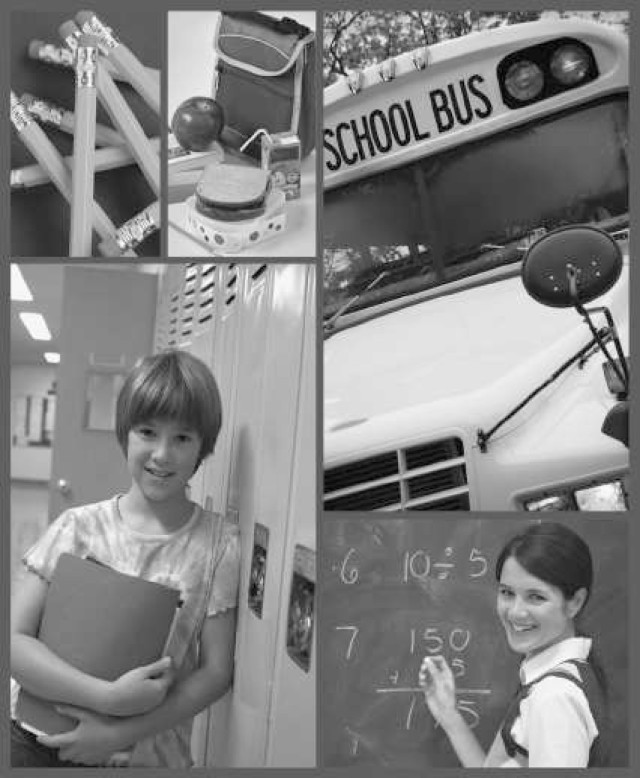FORT JACKSON, SC -- One Friday, a grade-school teacher noticed that something was a little off about one of her best students. At first glance, the little girl - who was often called upon to be a line-leader for her class because of her stellar performance - seemed to be sporting the same, neat hair style she had worn all week.
But upon closer inspection, the teacher realized that only the front of the girl's hair had been arranged while the back of her hair was disheveled.
After some careful questioning, the teacher discovered the girl's father had been deployed and her mother was overwhelmed and would not get out of bed. For one week, the little girl had been dressing herself every morning and getting herself to school. While doing her hair, she had only been looking at the front of herself in the mirror, not thinking to comb the back of her hair.
"We talk to educators about looking for signs of stress among their students at school, but this girl hardly showed any signs," said Sally Patterson, director of professional development for the Military Child Education Coalition. "She did not change her habits; she did not change her behavior. It took that teacher being aware and mindful of that child to notice there was something different."
The girl's situation is similar to those of many military children, said Patterson, who teaches a new program that focuses on preparing educators, guidance professionals and community members to recognize and address the issues facing children dealing with separation from a parent or experiencing trauma and grief due to the injury or loss of a loved one.
According to the MCEC, more than 1 million military-connected children in the U.S. have been separated from a mother or father because of deployment.
That's why the MCEC developed the "Living In the New Normal: Helping Children Thrive through Good and Challenging Times" initiative. Patterson will facilitate the two-day professional development program in Columbia from 8 a.m. to 4 p.m., April 12-13, at the Marriott downtown.
"The course is about the 'new normal,'" Patterson said. "The child's (life) is never going back to the way it was. Depending on his or her circumstances, there may be changes to a family's structure. Children may now be living with single parents, aunts, uncles or grandparents, and they may have to leave the military community altogether. This program provides concerned adults with information to help support children during these times of uncertainty."
The program is designed around the premise that kids are naturally resilient, Patterson said. It focuses on the guiding principles that first, children do grieve and differently than adults; secondly, they are not victims of their circumstances; and lastly, their family's ethnic, cultural and spiritual beliefs need to be respected.
"It's probably one of the best programs that provides resources and strategies to aid attendees in developing their own plan for encouraging resilience in children confronted with the many scenarios occurring in the military family environment," said Beth Shwedo, who serves as a MCEC project assistant for partnership and development. "For most military, and some nonmilitary (affiliated) children, the 'normal' is constantly changing, and it is important that we know how to aid them as they transition to their 'new normal.'
"This is not a grief counseling seminar," Shwedo said. "Although loss will be touched upon as a challenge, the scope is much larger."
"The training provides systematic support and awareness in the community for kids who now have to redefine their lives and their families based on what they have to live with," Patterson said.
The course is not limited to those associated with the military, she said. It is open to child care workers, teachers, children's group leaders - anyone who impacts the life of a child.
"There are lots of kids who go through the same types of trauma without being a part of the military," she said. "Sadly, we have kids in our schools who are affected by domestic violence, automobile wrecks (and such). This (training) can be used within different systems to support all kids."
The course is free but space is limited, so registration is required. To register, log on to www.MilitaryChild.org and choose "Upcoming Trainings" from the top menu bar.
For more information, contact Patterson at 788-6226.


Social Sharing